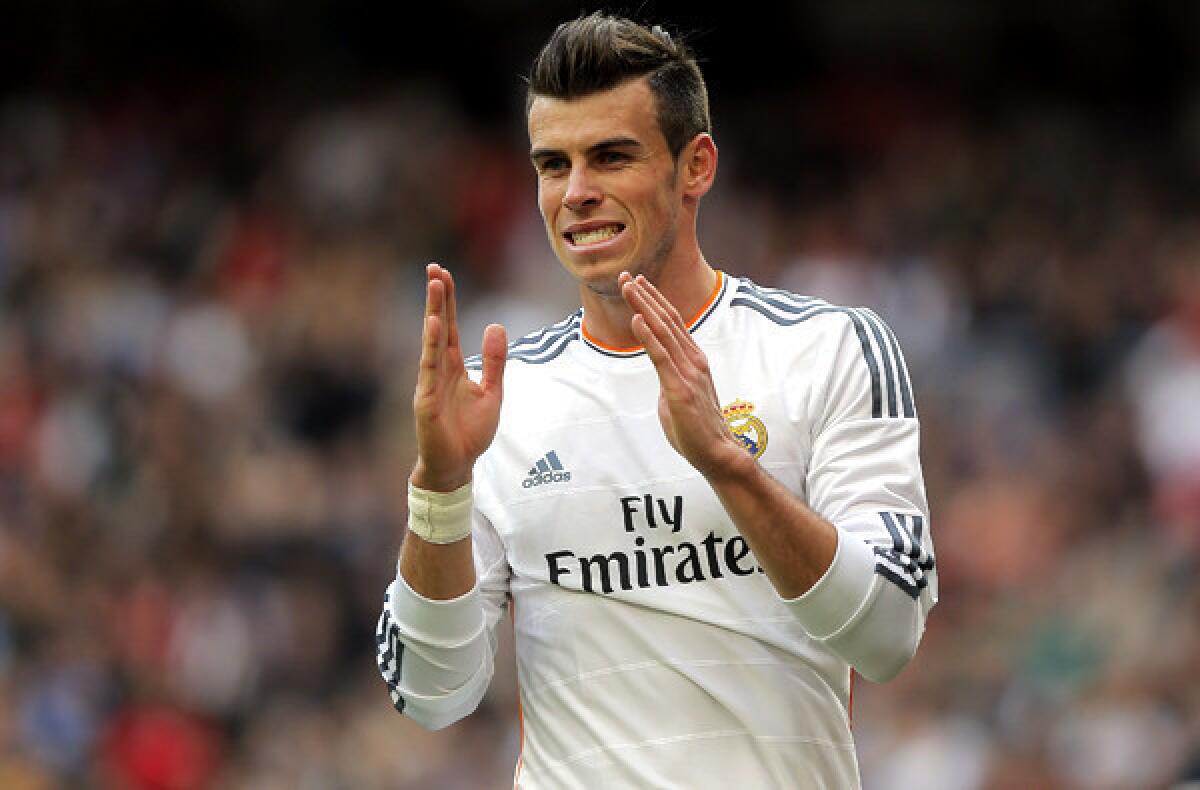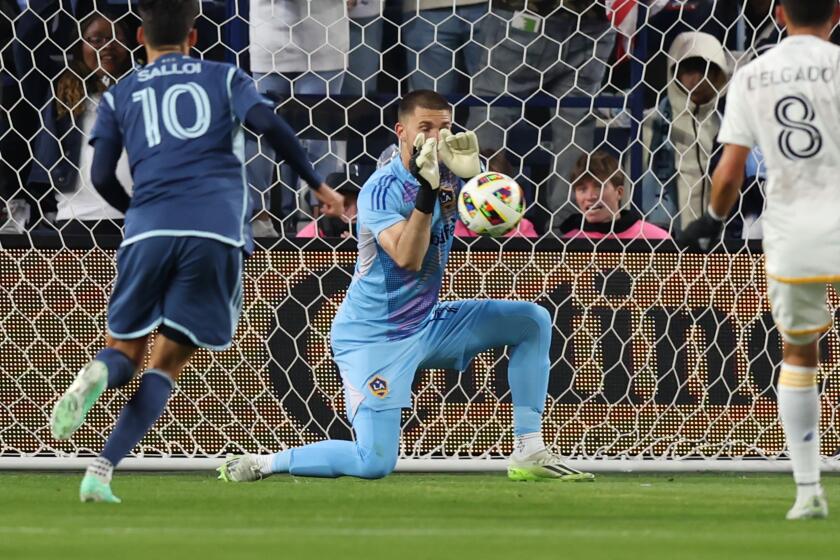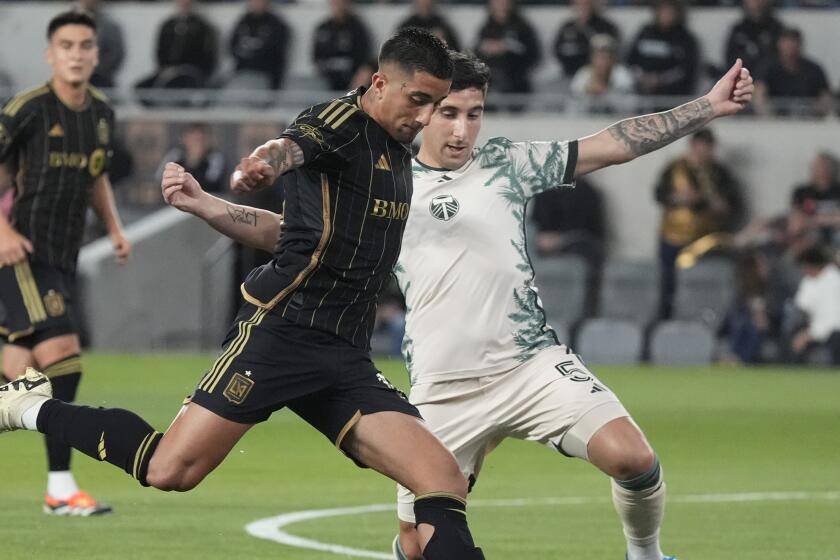England soccer league isn’t premier in all ways

When the list of 23 finalists for this year’s Ballon d’Or was released last month, it included six players from German club Bayern Munich. That’s one more player-of-the-year candidate than all 20 teams of the English Premier League contributed.
While that may seem like an anomaly, it’s actually part of a trend. Last year’s FIFA First XI — a kind of global all-star team — was made up entirely of players from Spain’s La Liga. Last year also marked the first time in 17 years that an English team failed to make the quarterfinals of the UEFA Champions League. And you have to go all the way back to 2008 to find the last time someone on an EPL roster was named the world player of the year.
Add in the English national team, which slipped 13 spots in the FIFA world rankings between February and September, and lost consecutive home matches for the first time in 36 years this month, and it’s hard not to wonder whether the sun is setting on the British soccer empire.
“The German league’s getting stronger. The Spanish league as well,” says Warren Barton, who played in the EPL and with England’s national team before becoming a soccer analyst for Fox. “The quality players are now spreading out.
“Maybe a decade ago it was predominantly the EPL. [But] the leagues are definitely getting stronger. There’s no doubt about that.”
And there’s no doubt that has made the whole of European soccer better and more interesting. But while the top individual talent may be concentrated in four teams — 13 of the 23 Ballon d’Or nominees play for Bayern Munich, Borussia Dortmund, Real Madrid or Barcelona — the most compelling soccer is still played in England, where parity has made upsets common.
“You don’t really see too many shocks when you see Dortmund or Bayern Munich playing maybe one of the lesser teams. Where in the UK you can see West Bromwich Albion going to Old Trafford and winning a game there,” Barton says. “It’s more competitive throughout the league.”
Much of that parity stems from the way the EPL distributes its TV money, with each club getting an equal share of foreign broadcast fees while the revenue for domestic rights are divided based on where a team finishes in the standings and how many of its games are televised. Last season no EPL team got more than $21.7 million from TV while no club got less than $9.3 million.
Compare that to La Liga, where teams can cut their own TV deals, a policy that, two seasons ago, allowed Real Madrid to bank broadcast earnings 10-plus times greater than what league rival Granada earned. Add in a new $42-million equipment deal with Adidas, a $195-million sponsorship contract with Emirates and stadium expansions that could add $60 million in annual revenue by 2018 and Madrid is the most valuable sports franchise in the world, two places ahead of Barcelona, according to Forbes.
No other Spanish team is listed among the top 50.
But there’s another factor driving parity in English soccer and it’s having a detrimental impact on the country’s national team: Domestic players have accounted for less than a third of the minutes played in the EPL this season, with imported players squeezing out young, developing talent.
Meanwhile homegrown players account for 50% to 60% of the playing time in La Liga and the Bundesliga, undoubtedly a factor in making Spain the current world and European champion while Germany has reached the semifinals of the last three World Cups and last two Euros.
The disparity has led Greg Dyke, chairman of the Football Assn. that governs English soccer, to suggest some radical reforms, including a cap on the number of foreigners on EPL rosters. That, the FA says, would create opportunities for young, domestic players.
The quota plan is one EPL is sure to resist, yet it’s one some in England see as necessary if the country is serious about reaching Dyke’s goal of a World Cup title in 2022. But as Barton points out, what’s good for English soccer isn’t necessarily good for the EPL.
“There’s some wonderful players that have come into the EPL. You want the chance to play against the best,” he says. “Obviously the younger players are now not given an opportunity. If you’ve got a chance for a young British player having the opportunity or you can buy an established player from maybe Central or South America, clubs are tending to go there because of the chance of them being successful.”
England may have been the birthplace of soccer, but the sport was perfected elsewhere — which is why the national team has made it past the quarterfinals of the World Cup just twice in its history. Meanwhile the EPL, built mainly with imported parts, has grown into the most popular sports league in the world.
A declining British empire? Maybe not. What’s more likely is that “Rule, Britannia!” never applied to soccer in the first place.
kevin.baxter@latimes.com
Twitter: @kbaxter11







